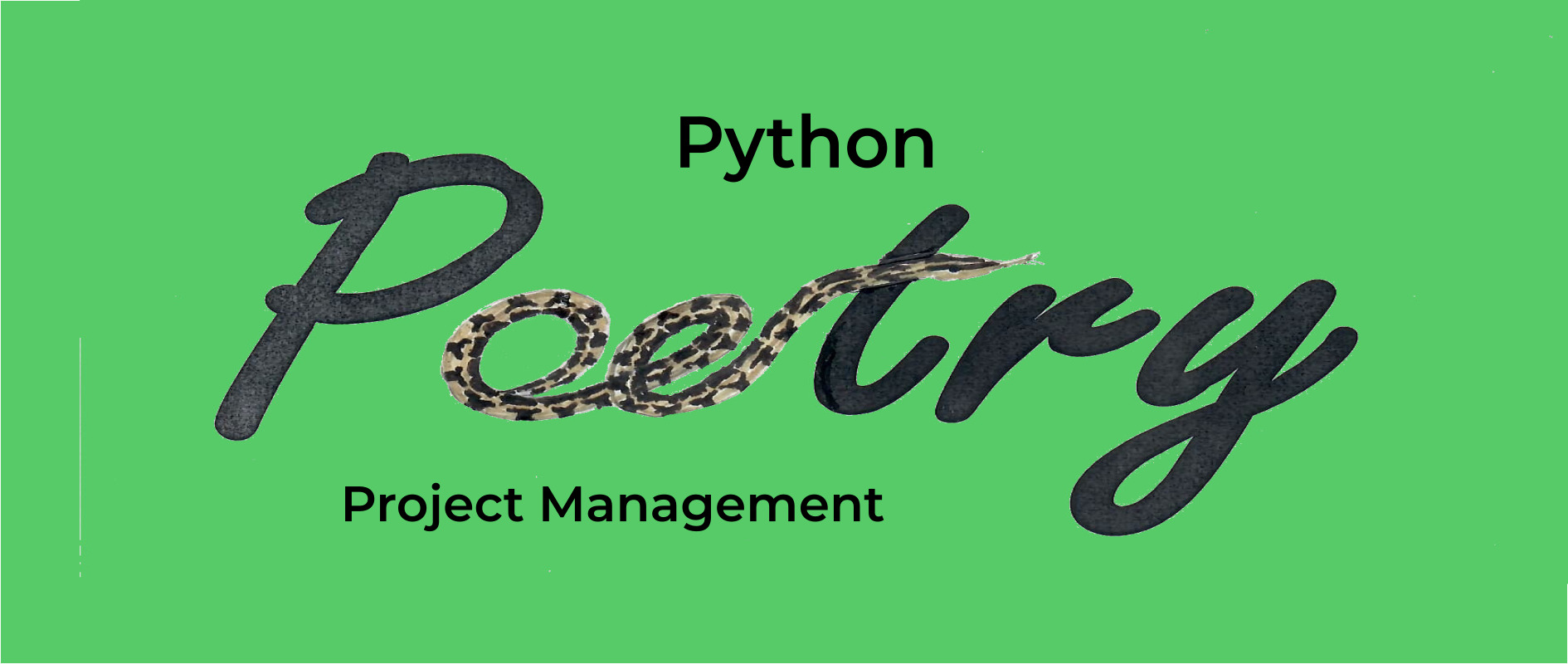
Python developers often create a new virtual environment to separate project dependencies and then manage them with tools such as pip, pipenv, etc. Poetry is a tool for simplifying dependency management and packaging in Python. This post will show you how to use Poetry to manage your Python projects on Fedora.
Unlike other tools, Poetry uses only a single configuration file for dependency management, packaging, and publishing. This eliminates the need for different files such as Pipfile, MANIFEST.in, setup.py, etc. It is also faster than using multiple tools.
Detailed below is a brief overview of commands used when getting started with Poetry.
Installing Poetry on Fedora
If you already use Fedora 32 or above, you can install Poetry directly from the command line using this command:
$ sudo dnf install poetry
Editor note: on Fedora Silverblue or CoreOs Python 3.9.2 is part of the core commit, you would layer Poetry with ''rpm-ostree install poetry
Initialize a project
Create a new project using the new command.
$ poetry new poetry-project
The structure of a project created with Poetry looks like this:
├── poetry_project │ └── init.py ├── pyproject.toml ├── README.rst └── tests ├── init.py └── test_poetry_project.py
Poetry uses pyproject.toml to manage the dependencies of your project. Initially, this file will look similar to this:
[tool.poetry] name = "poetry-project" version = "0.1.0" description = "" authors = ["Kadermiyanyedi <kadermiyanyedi@hotmail.com>"] [tool.poetry.dependencies] python = "^3.9" [tool.poetry.dev-dependencies] pytest = "^5.2" [build-system] requires = ["poetry>=0.12"] build-backend = "poetry.masonry.api"
This file contains 4 sections:
- The first section contains information describing the project such as project name, project version, etc.
- The second section contains project dependencies. These dependencies are necessary to build the project.
- The third section contains development dependencies.
- The fourth section describes a building system as in PEP 517
If you already have a project, or create your own project folder, and you want to use poetry, run the init command within your project.
$ poetry init
After this command, you will see an interactive shell to configure your project.
Create a virtual environment
If you want to create a virtual environment or activate an existing virtual environment, use the command below:
$ poetry shell
Poetry creates the virtual environment in the /home/username/.cache/pypoetry project by default. You can change the default path by editing the poetry config. Use the command below to see the config list:
$ poetry config --list cache-dir = "/home/username/.cache/pypoetry" virtualenvs.create = true virtualenvs.in-project = true virtualenvs.path = "{cache-dir}/virtualenvs"
Change the virtualenvs.in-project configuration variable to create a virtual environment within your project directory. The Poetry command is:
$ poetry config virtualenv.in-project true
Add dependencies
Install a dependency for the project with the poetry add command.
$ poetry add django
You can identify any dependencies that you use only for the development environment using the add command with the –dev option.
$ poetry add black --dev
The add command creates a poetry.lock file that is used to track package versions. If the poetry.lock file doesn’t exist, the latest versions of all dependencies in pyproject.toml are installed. If poetry.lock does exist, Poetry uses the exact versions listed in the file to ensure that the package versions are consistent for everyone working on your project.
Use the poetry install command to install all dependencies in your current project.
$ poetry install
Prevent development dependencies from being installed by using the no-dev option.
$ poetry install --no-dev
List packages
The show command lists all of the available packages. The tree option will list packages as a tree.
$ poetry show --tree django 3.1.7 A high-level Python Web framework that encourages rapid development and clean, pragmatic design. ├── asgiref >=3.2.10,<4 ├── pytz * └── sqlparse >=0.2.2
Include the package name to list details of a specific package.
$ poetry show requests name : requests version : 2.25.1 description : Python HTTP for Humans. dependencies - certifi >=2017.4.17 - chardet >=3.0.2,<5 - idna >=2.5,<3 - urllib3 >=1.21.1,<1.27
Finally, if you want to learn the latest version of the packages, you can pass the latest option.
$ poetry show --latest idna 2.10 3.1 Internationalized Domain Names in Applications asgiref 3.3.1 3.3.1 ASGI specs, helper code, and adapters
Further information
More details on Poetry are available in the documentation.




